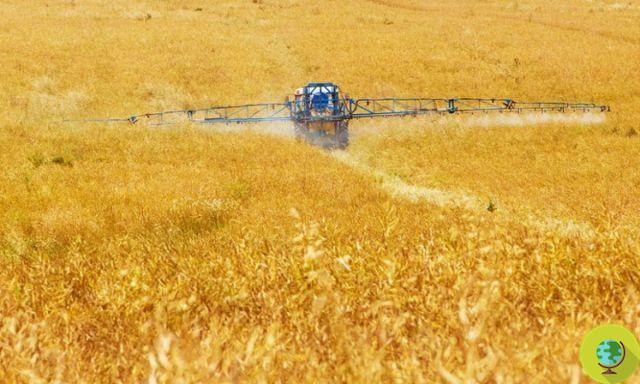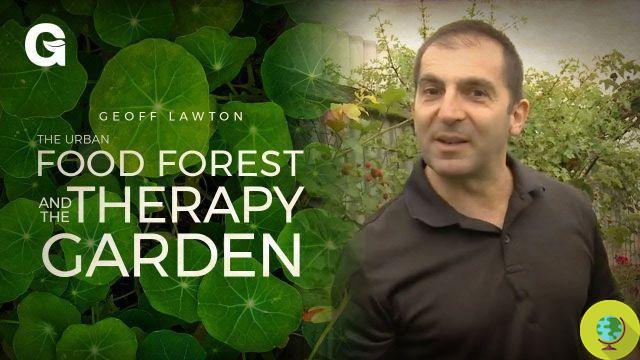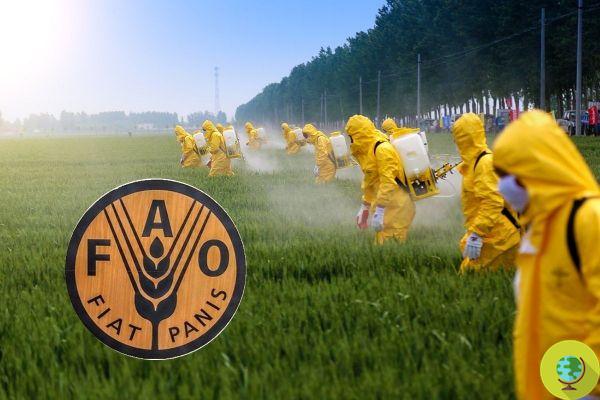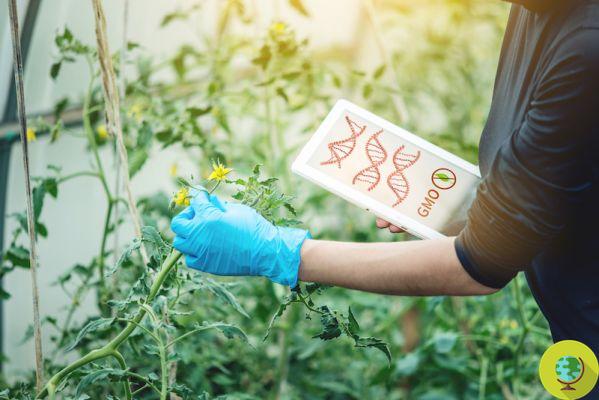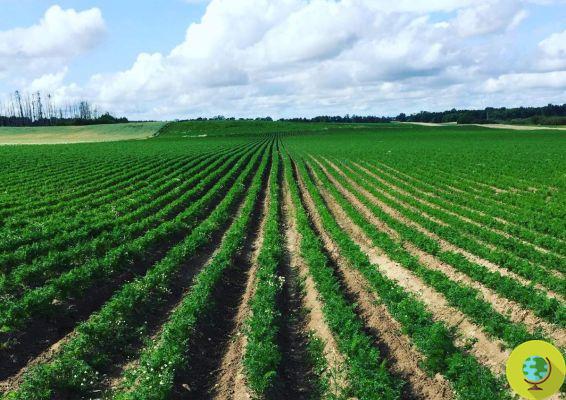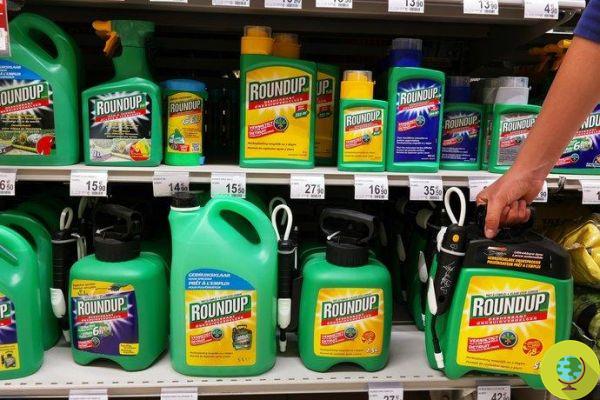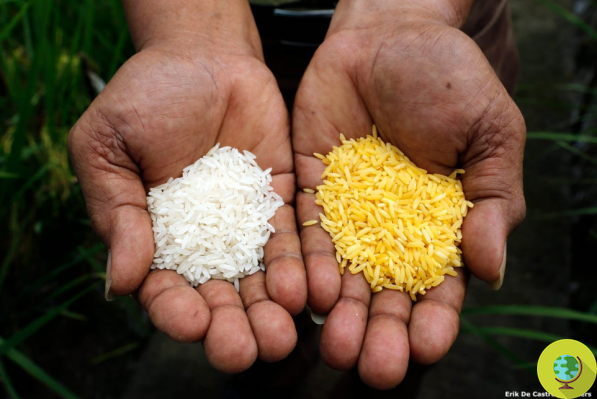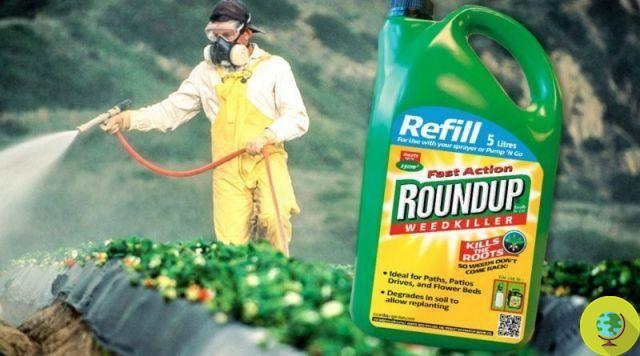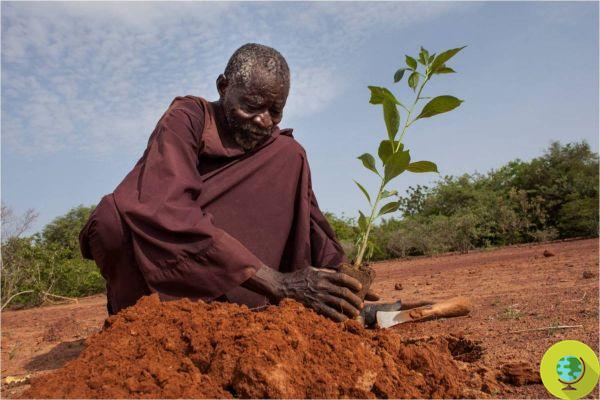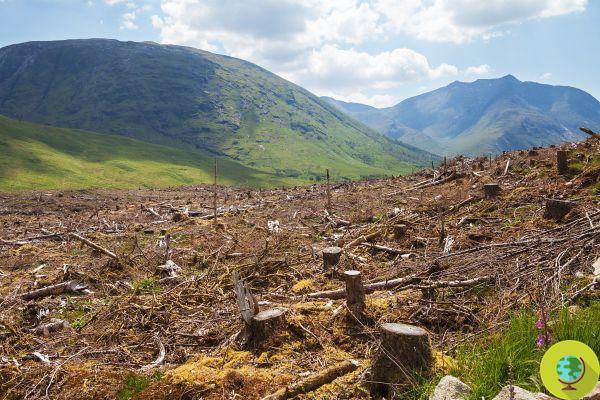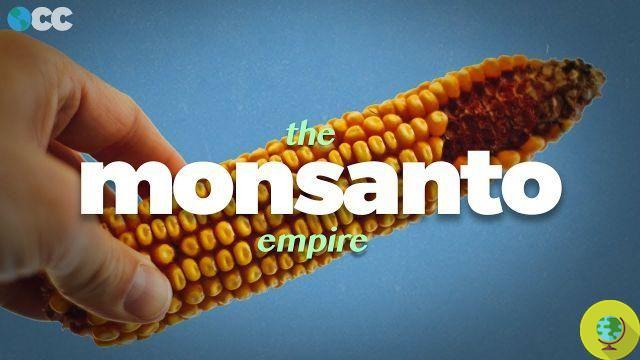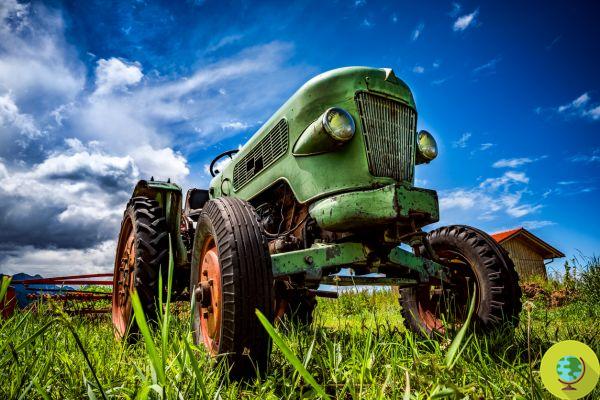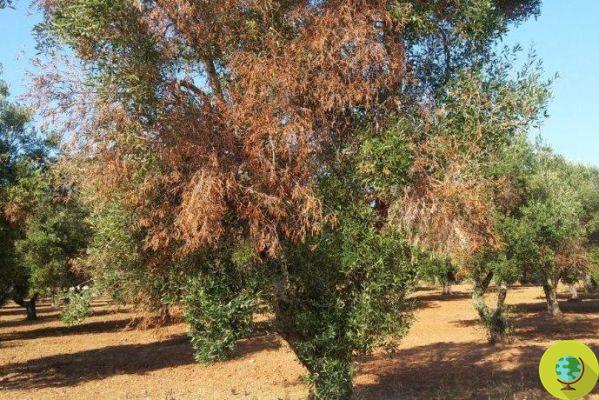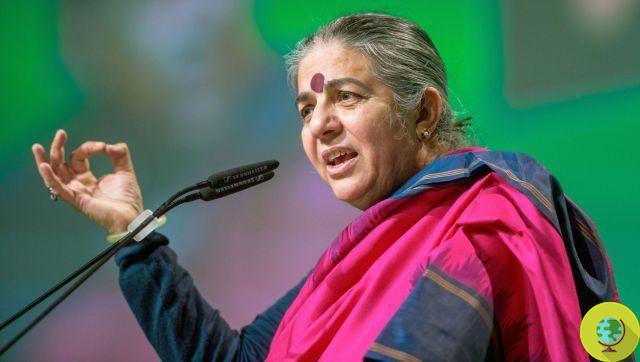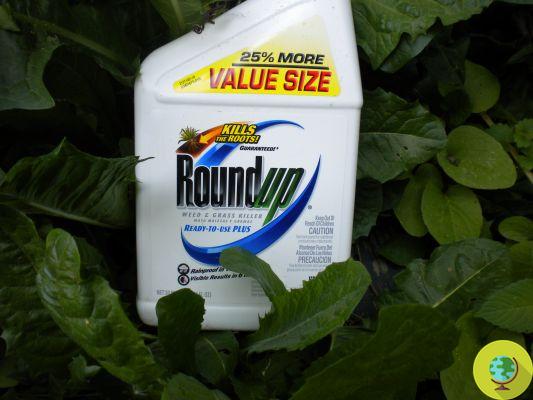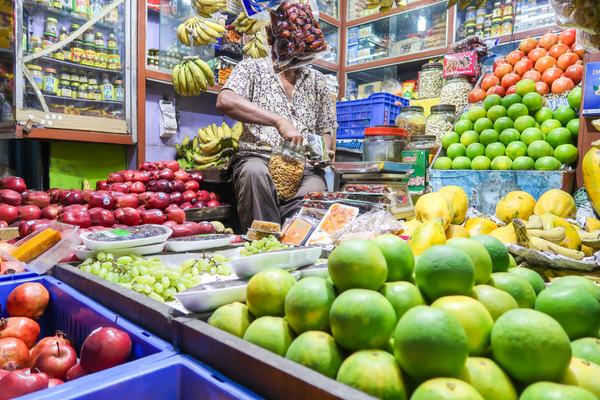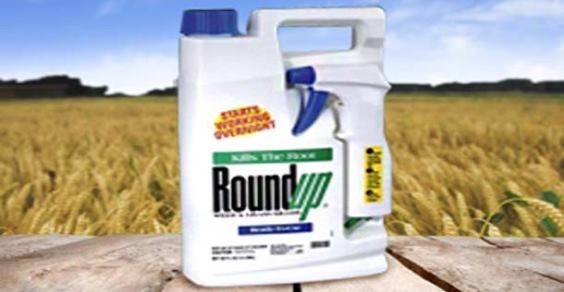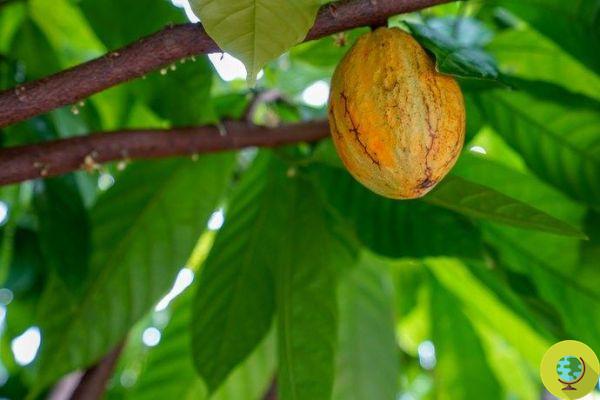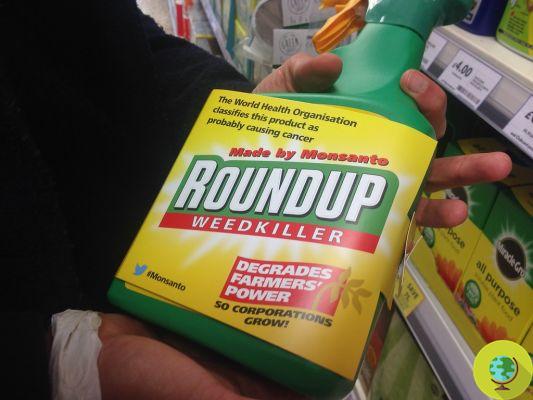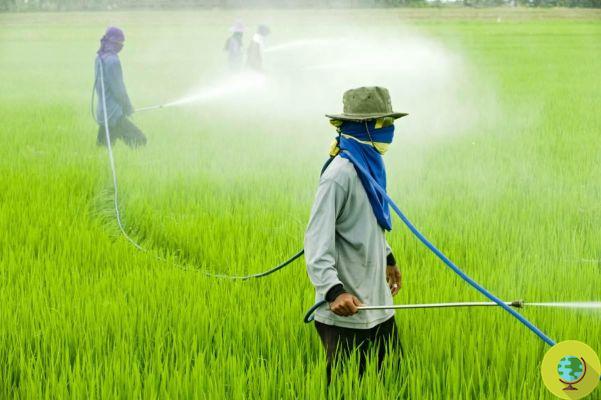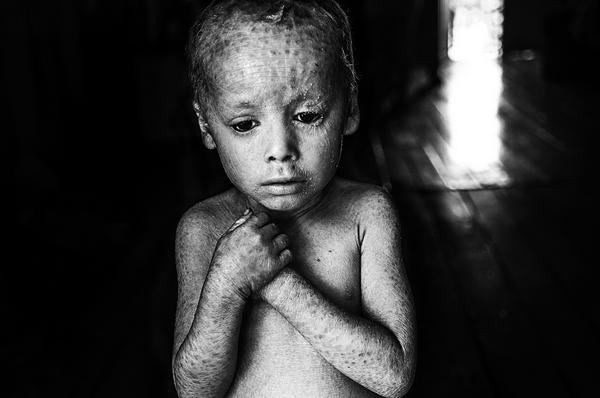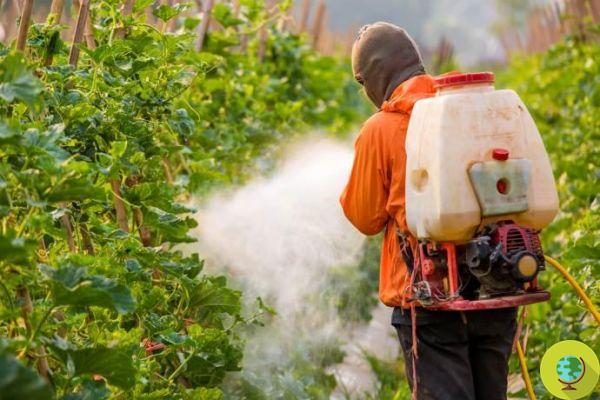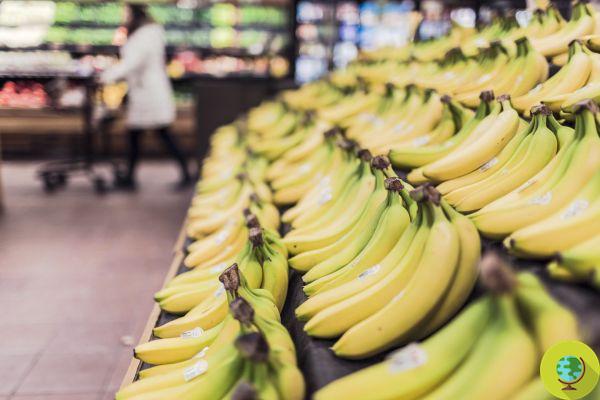
Soon the use of the mancozeb fungicide could become illegal even for bananas imported from Latin America - to the detriment of the multinationals that import into our continent
He is about to end up run over, his mother saves him
The road towards a more sustainable agriculture for the environment and healthier for our health also passes through important market choices and bans that too often encounter the ostracism of the crop lobbies, which put their own economic interests before those of health and nature. This is the case of the banana cultivation, one of the best-selling fruits in our continent but which, for 70% of cases, comes from non-EU land, where the restrictions on the use of toxic pesticides are less stringent than those imposed by the European Union.
If on the one hand, therefore, within the European community the laws that protect the environment and our health have banned chemical pesticides, on the other hand there are regions of the world where these toxic pesticides are still legal - as it is. the import into the EU of agricultural products grown using substances harmful to health and prohibited in our borders is legal.
One of these pesticides is mancozeb, a fungicide used to counter the spread of the Black Sigatoka fungus, which is banned in the EU in December 2020: it is in fact an endocrine disruptor harmful to our health, associated with birth defects and the onset of tumors. However, the use of this pesticide is not yet banned in crops outside the EU, nor are imports of bananas from other continents where mancozeb is used without restrictions currently banned.
In addition to representing a risk to the health of consumers, the possibility of importing bananas grown with the toxic pesticide from Latin American countries (primarily Ecuador, Colombia and Costa Rica) at very low prices (less than one euro). per kilogram) represents a serious threat to the survival of Community farmers who grow the fruit without the aid of the fungicide, thus exposing the plants to the attack of the Black Sigatoka. Hence the proposal, under consideration by the European Food Safety Authority (EFSA), to also block imports of bananas from non-EU countries and treated with mancozeb.
We are uniquely positioned to lead the global transition to sustainable food systems - said the European Commissioner for Food Safety, Stella Kyriakides, to EU agriculture ministers. - European policies must help raise sustainability standards around the world and carefully avoid outsourcing harmful practices to third countries that we ourselves have banned.
The proposal, welcomed by environmental associations and EU agriculture ministers, however, would "stamp on the toes" of the main banana producers and importers in our continent, who grow the fruit in Latin America using the toxic pesticide. According to the POLITICO newspaper, which was able to view unpublished documents, big brands such as Del Monte, Chiquita and Dole Foods, united under the name of Alber & Geiger, depend on the use of mancozeb to answer the huge demand for bananas coming from the EU and would be severely damaged by the possible ban.
“If the maximum residual levels of Mancozeb for bananas become unacceptably low, imports from Africa, the Caribbean, the Pacific, South and Central American countries and thus the availability of bananas in the EU will be critically impacted. There is no alternative pesticide to Mancozeb for exporting countries and consistent production without proper fungal disease control is not possible, due to the Sigatoka Nera fungus which can destroy more than 50% of the plant's yield. The EU consumes 6,5 million tonnes of bananas per year. However, the EU produces only 9% of the bananas it needs. Most of the remaining 91% of bananas are imported from tropical regions: Latin America (75%) and Africa, Caribbean and Pacific (16%) where the Sigatoka Black, also present in some European growing regions such as the islands of Guadeloupe and Martinique.
In short, according to the world's most famous banana producers, with a ban on the fungicide even in imported bananas, 91% of EU demand will remain unsatisfied, resulting in significant price increases due to limited supply.
Follow your Telegram | Instagram | Facebook | TikTok | Youtube
Sources: POLITICIAN / European Commission
We also recommend:
- Soon we may run out of bananas, the climate crisis causes fungus to explode that devastates crops
- UK versus EU: will continue to allow the use of titanium dioxide, despite being genotoxic
- Fruits and vegetables with banned pesticides and beyond the limits: Carrefour sentenced in Brazil




